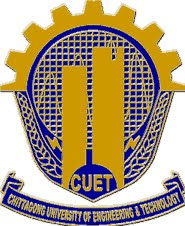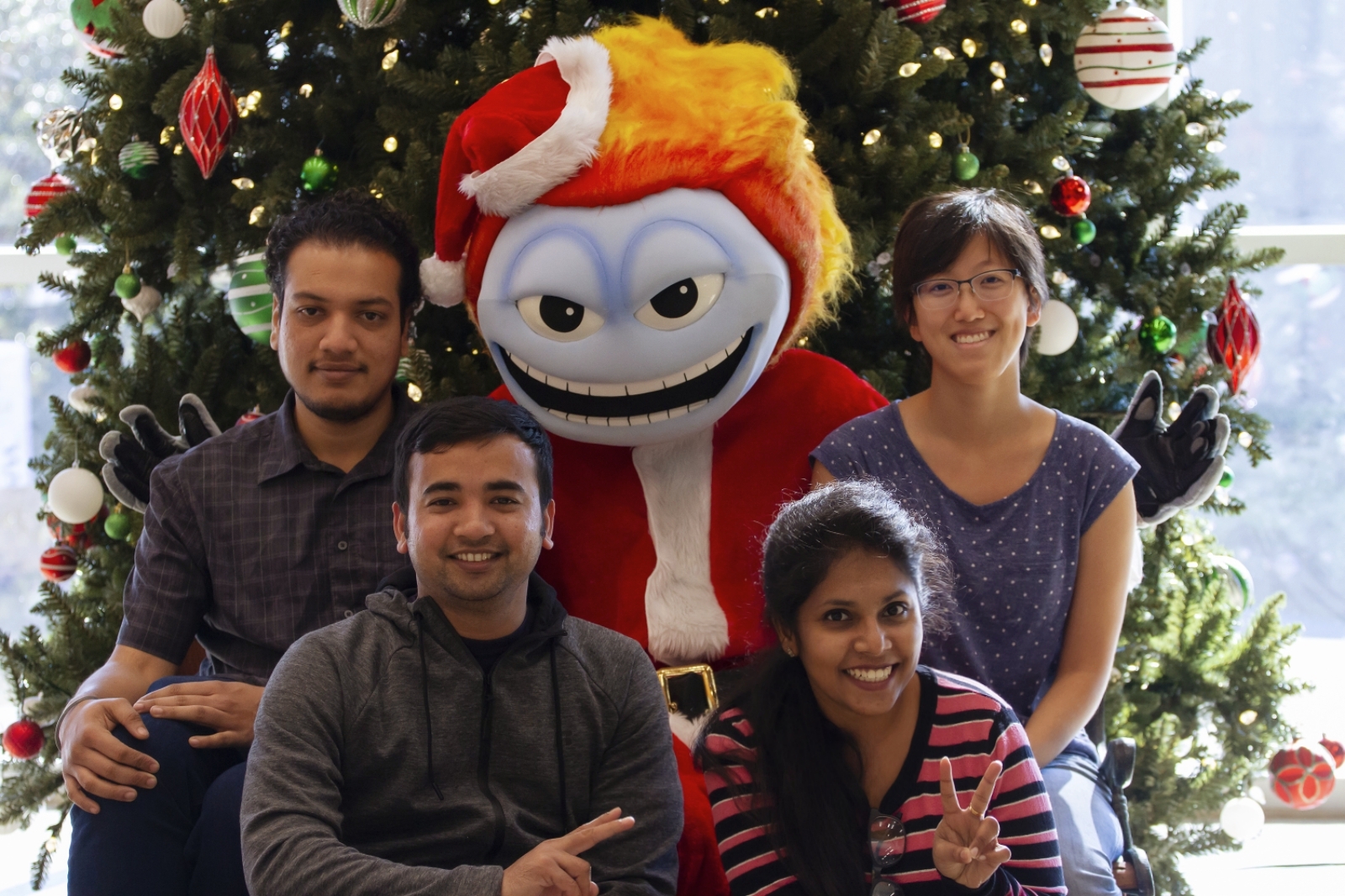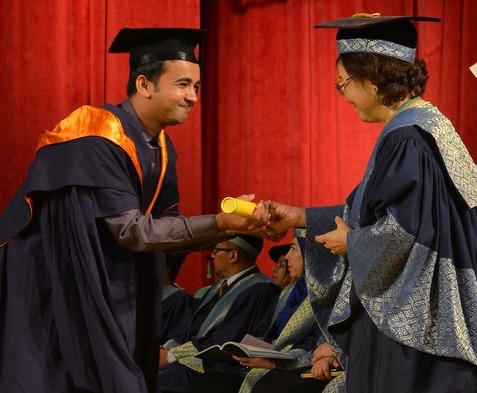EDUCATION
PhD in Electrical Engineering
UNIVERSITY OF TEXAS AT DALLAS (2018-Present)
PhD Thesis Advisor: Dr. John Hansen
Current Research: I joined in the Cochlear Implant laboratory , UTD as a PhD candidate in Summer, 2018. Being an Electrical Engineer, my research mainly focuses on the Algorithm design and Machine learning for speech enhancement for the development of the CCi-MOBILE research platform. My immediate goals are to make a speech enhancement algorithm for the platform to make it robust to the environmental noise and distortions. I am using machine learning tools such as convolutional Neural Network, Reccurrent Neural Network to design speech enhancement algorithm for cochlear Implant recipients. Apart from that I am involved in designing auditory-inspired speaker identification algorithms that able to quantify the speaker identification capabilities of CI users as well as normal hearing individuals.



